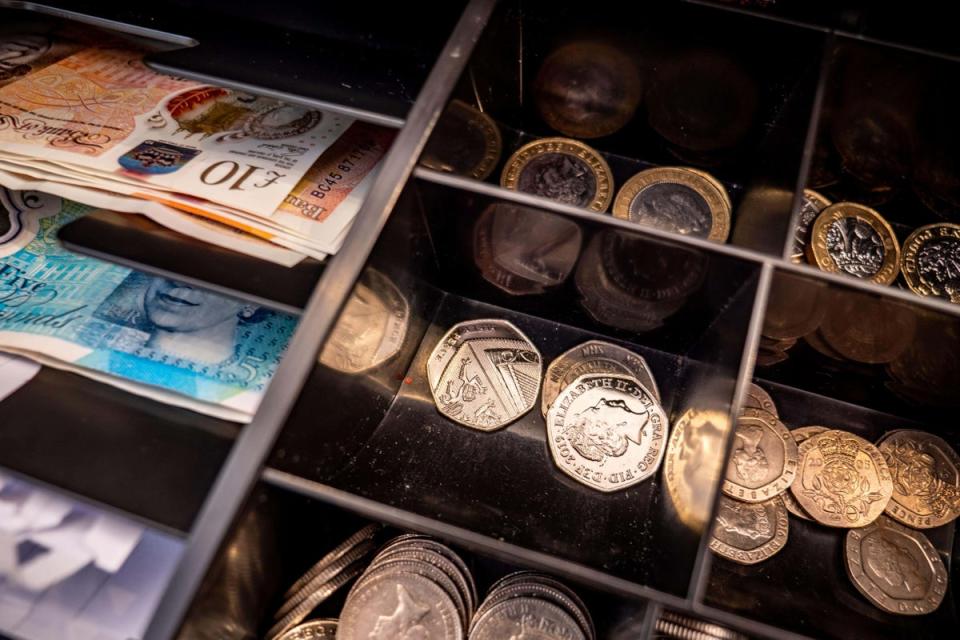Race out of recession picks up speed but house prices fall as mortgage time bomb ticks

The UK is racing out of recession at a faster pace than thought and pressure on household budgets is easing according to official figures out today.
They will make welcome reading for whoever ends up in Downing Street after the general election. But there were also looming worries over the number of people coming off fixed-rate mortgage deals and insight into the moribund state of the housing market, where a closely watched barometer revealed falling prices.
Overall economic growth for the first quarter was revised higher – to 0.7% from 0.6% – by the Office for National Statistics.
It took the expansion to its best rate since late 2021, and made it the strongest among G7 nations. It confirmed the end of a brief recession which struck at the end of last year, when the grip of the cost-of-living crisis was tight.
Neil Shah, director of research at Edison, the investment consultancy, described the numbers as a “last check” on the economy before polling day.
“These figures show that the UK economy is slowly starting to turn corner … and is slowly showing signs of a bounce back despite significant headwinds.”
And there were signs that pressure on consumer spending is easing. The ONS revealed that “real household disposable income” was up 0.7% in the quarter.
Efforts to boost generally lacklustre rates of growth and ease pressure on consumers’ finances are front-and-centre in the election campaign.
The ONS numbers will stoke hopes that the worst of a difficult run for the economy is behind the UK, after the energy shock which followed Russia’s invasion of Ukraine stoked double-digit inflation and sparked interest rate rises to tame it.
Joshua Mahony at Scope Markets said: “For UK businesses, the resurgence seen in the first quarter serves to highlight improving sentiment, with the worst largely behind us. With the UK election looking unlikely to throw up any curveballs, and the Bank of England rate cuts expected to spark the economy back into life, there is plenty to be optimistic about.”
Nonetheless, the Bank of England is yet to cut rates from their 15-year peak of 5.25%. There are lingering worries about the threat posed to the improving picture from millions of people due to come off cheaper mortgage deals.
The BOE itself warned yesterday, in its Financial Stability Report, that around 3 million people are due to see the cost of their home loans rise in the next two years. And 0.4 million face what it called “very large” rises.
Around a third of mortgage holders are paying rates of less than 3% on fixed deals arranged before it started a run of 14 consecutive hikes in December 2021. The BOE pointed out that most of these deals will end by late 2026.
When they do, a typical household will face a rise in repayment costs of about £180 a month.
The long run higher for interest rates has already hit the house market hard and there was insight into the impact today from Zoopla.
The online estate agency’s closely followed house price index revealed a nationwide drop in May, of 0.1%. It took the average price down to £264,300.
In London and the south east, where prices are higher, there were bigger falls. The average price in the capital dropped 0.8% to £526,100.
Zoopla’s Richard Donnell said: “The desire to move remains for many households, first- time buyers in particular”, adding that what people “want to see from all political parties are concrete plans for how we can boost housing supply.”

 Yahoo Finance
Yahoo Finance 